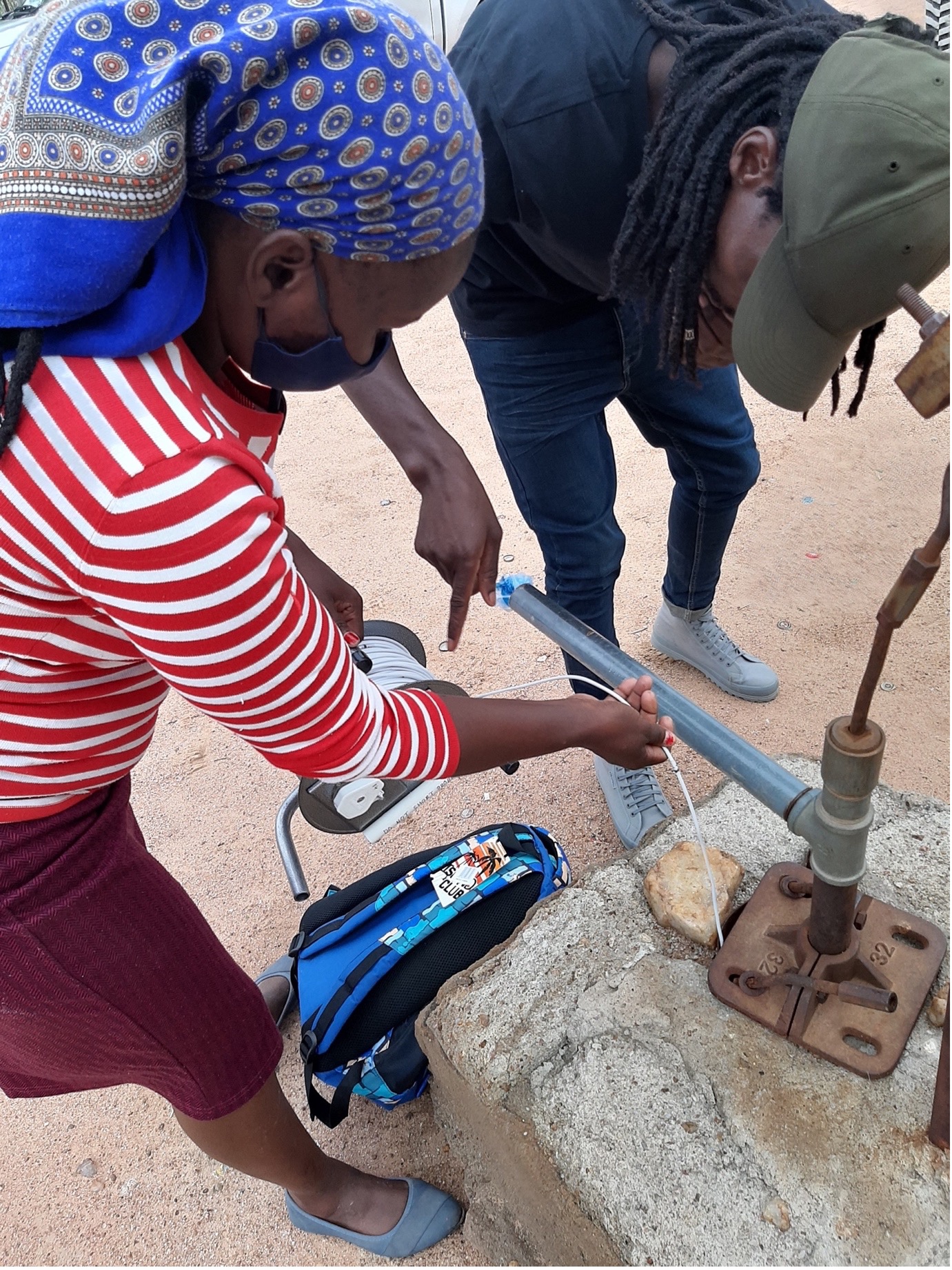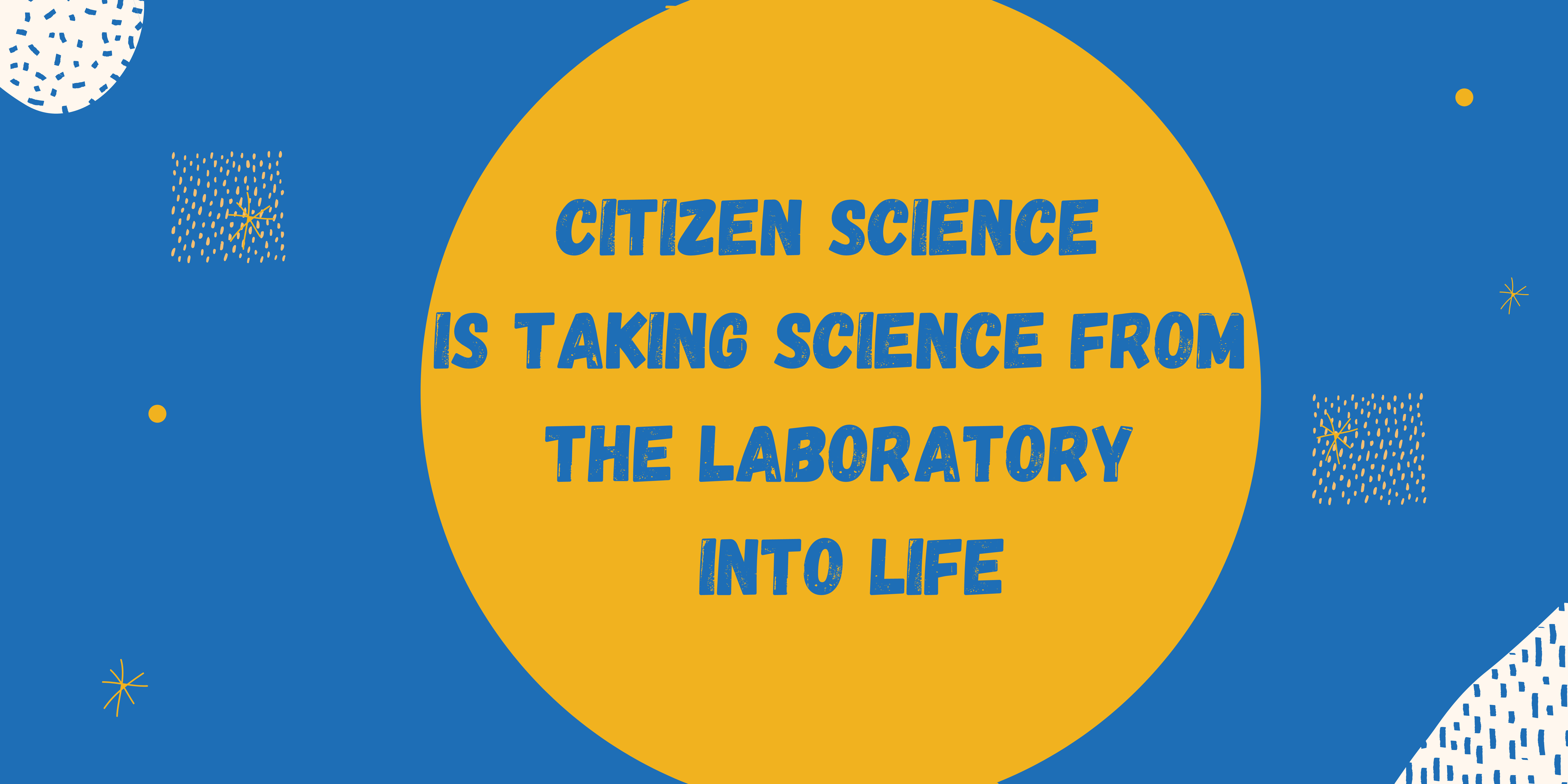Let us now reconsider what we mean by citizen science. Citizen science (CS) celebrated a milestone when the term “citizen science” appeared in the Oxford English Dictionary for the first time in 2014 with the following definition: “the collection and analysis of data relating to the natural world by members of the general public, typically as part of a collaborative project with professional scientists” (Bonney et al. 2016). It draws attention to the democratisation of knowledge and the way in which citizens become scientists – sharing their expertise with professionals and contributing to science meaningfully.

This photo shows two volunteers in section three of the catchment measuring groundwater levels in a well.
CS is any process where scientists and (usually unpaid) volunteers from the general public work together to answer real-world scientific questions (Bonney et al. 2009). The rise of the internet and the ubiquity of information and communication technology (ICT), along with an increasingly globally connected world, create ever more opportunities for public participation in science projects at a range of scales, from local to global (West and Pateman 2017). CS often emerges at the interface of political activism and volunteering. At one end of the spectrum, CS is a hobby, for others, motivational aspects are often more complex (Goldin et al. 2021). Volunteers’ involvement may be self-initiated as driven by an environmental concern, as well as a scientific curiosity and a sense of fulfilment for being part of finding answers (Cohn 2008). On the other hand, members of a community whose livelihood depends on their local environment (e.g. subsistence farmers in developing countries) may also seek scientific knowledge to form a better understanding of their environment, and further use this to gain political leverage in their community (Overdevest and Orr 2004 in Buyaert et al. 2014) or/and economic leverage by changing crop choice and market options for food.
A unique new definition for Citizen Science